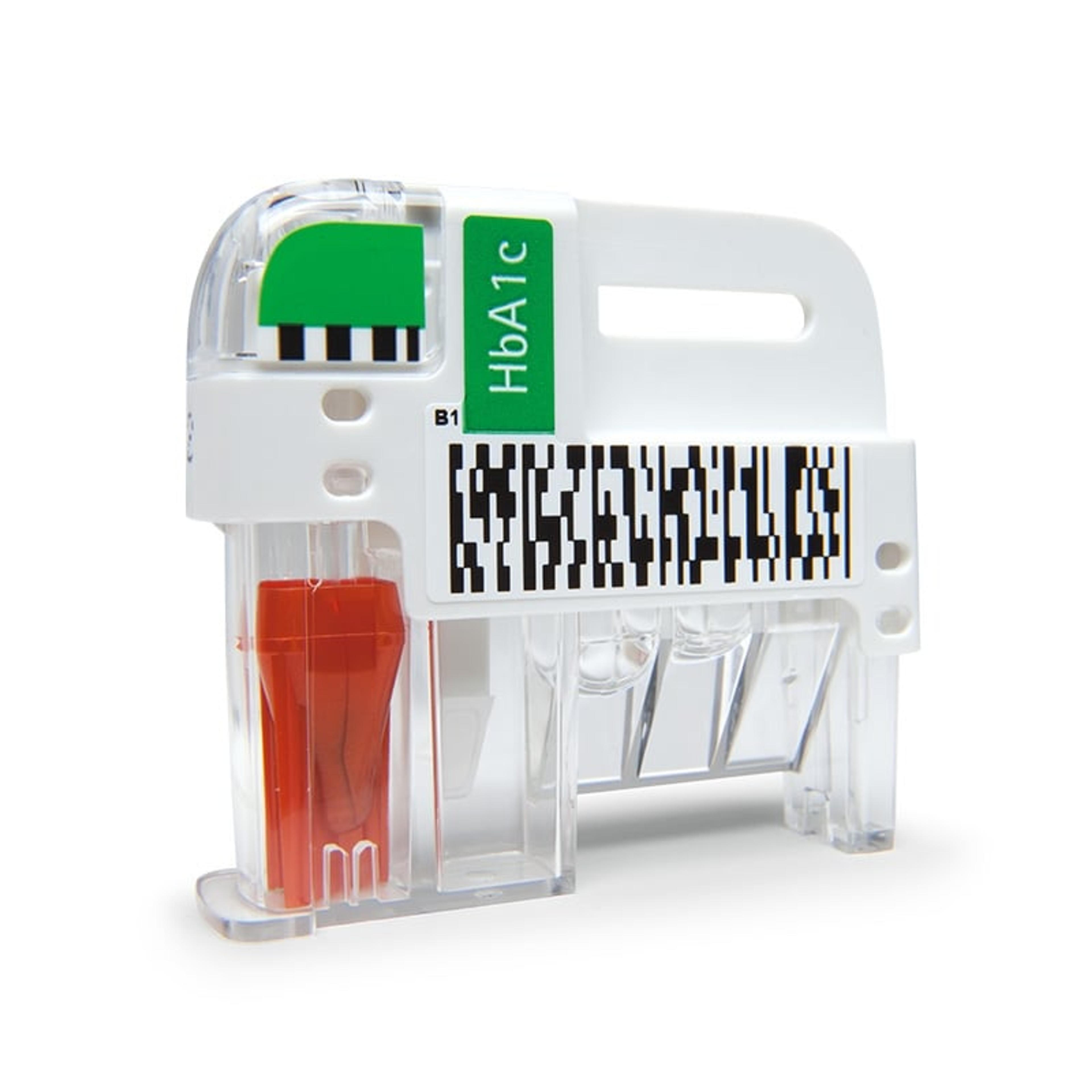Abbott's Tendyne device receives world's first CE mark for transcatheter mitral valve implantation
Tendyne valve provides relief from heart failure symptoms and quality-of-life improvement in high-surgical-risk patients
3 Feb 2020
Abbott has announced that its Tendyne™ Transcatheter Mitral Valve Implantation (TMVI) system received CE Mark and is now approved for use in Europe. This life-changing therapy treats significant mitral regurgitation (MR) in patients requiring a heart valve replacement and provides a safe and effective solution for MR patients who are not candidates for open-heart surgery or transcatheter mitral valve repair.
As the most common heart disease affecting the heart valves, MR is a debilitating, progressive and life-threatening condition in which the heart's mitral valve does not close completely, allowing blood to flow backward into the left atrium of the heart. Due to the complex nature of mitral valve disease and different patient anatomies, multiple treatment options for MR may be necessary. For patients at high-risk for open-heart surgery or in clinical situations when the mitral valve is too damaged for a successful repair with Abbott's MitraClip device, the Tendyne system offers a much-needed, alternative minimally invasive treatment option when the leaky valve needs to be replaced.
The Abbott Tendyne valve is a first-of-its-kind therapy to replace the mitral valve in patients in need of symptom relief and quality-of-life improvement without open surgery and when transcatheter mitral repair is not possible. Global trial results to date have demonstrated excellent procedural safety and have shown 98.9% of Tendyne patients experienced MR elimination at discharge which was sustained through one-year in this very sick patient group.
"European approval for Abbott's Tendyne mitral valve replacement therapy provides the clinical community with a new choice in how we approach correcting a leaking mitral valve," said Hendrik Treede, M.D., professor of cardiac surgery, University Hospital Bonn, Germany. "For the first time outside of clinical trial settings, heart teams now have a minimally invasive valve replacement therapy that is backed by an excellent safety profile and designed to help physicians reposition the device as needed for improved patient outcomes." A post-approval study of the therapy will also be co-led by Nicolas Dumonteil, M.D., interventional cardiologist, Clinique Pasteur, France.
The Tendyne TMVI system can adapt to a range of patient anatomies thanks to its innovative and unique design. The self-expanding valve is delivered through a small incision in the chest and up through the heart where it is implanted in a beating heart, replacing the person's native mitral valve. The Tendyne valve is available in multiple sizes to treat a broad range of valve anatomies. The valve is fully repositionable and retrievable during implantation, allowing for the best possible outcome for people suffering from MR and needing a valve replacement.
"The launch of the Tendyne device builds upon our history of developing ground-breaking therapies that offer new treatment options for people with serious structural heart conditions who have limited treatment options," said Michael Dale, senior vice president of Abbott's structural heart business. "The availability of Tendyne as a treatment option in Europe provides physicians with an additional tool that has been shown to completely correct MR in very ill patients, and it adds to Abbott's portfolio of life-changing and life-saving treatments."
Do you use Abbott products in your lab? Write a review today for your chance to win a $400 Amazon gift card>>

